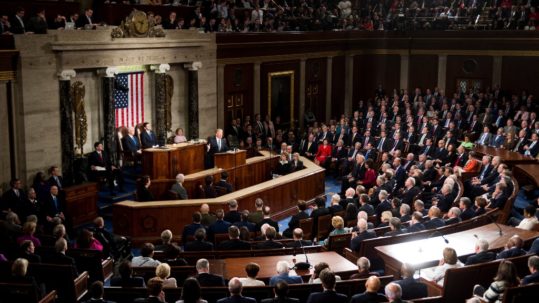In 1975, the United States government enacted limitations on the export of crude oil to prevent exposure to a volatile world market. Today, with the advancement of innovative technology, America’s energy industry is booming. The United States has surpassed Saudi Arabia and Russia as the world’s largest producer of oil and natural gas. However, the laws that governed America’s crude oil exports were outdated. By lifting the federal ban on oil exports, the United States has seen increased investment in free trade, economic growth, new American jobs, and a reduced need for importing foreign oil from the Middle East. IPAA, its member companies, and its industry partners strongly urged the Obama administration and Congress to facilitate the United States’ ability to export crude oil based on national policy interests. On December 18, 2015, President Barack Obama signed into law legislation funding the federal government, which included a provision that lifted the restrictions on U.S. crude oil exports.





